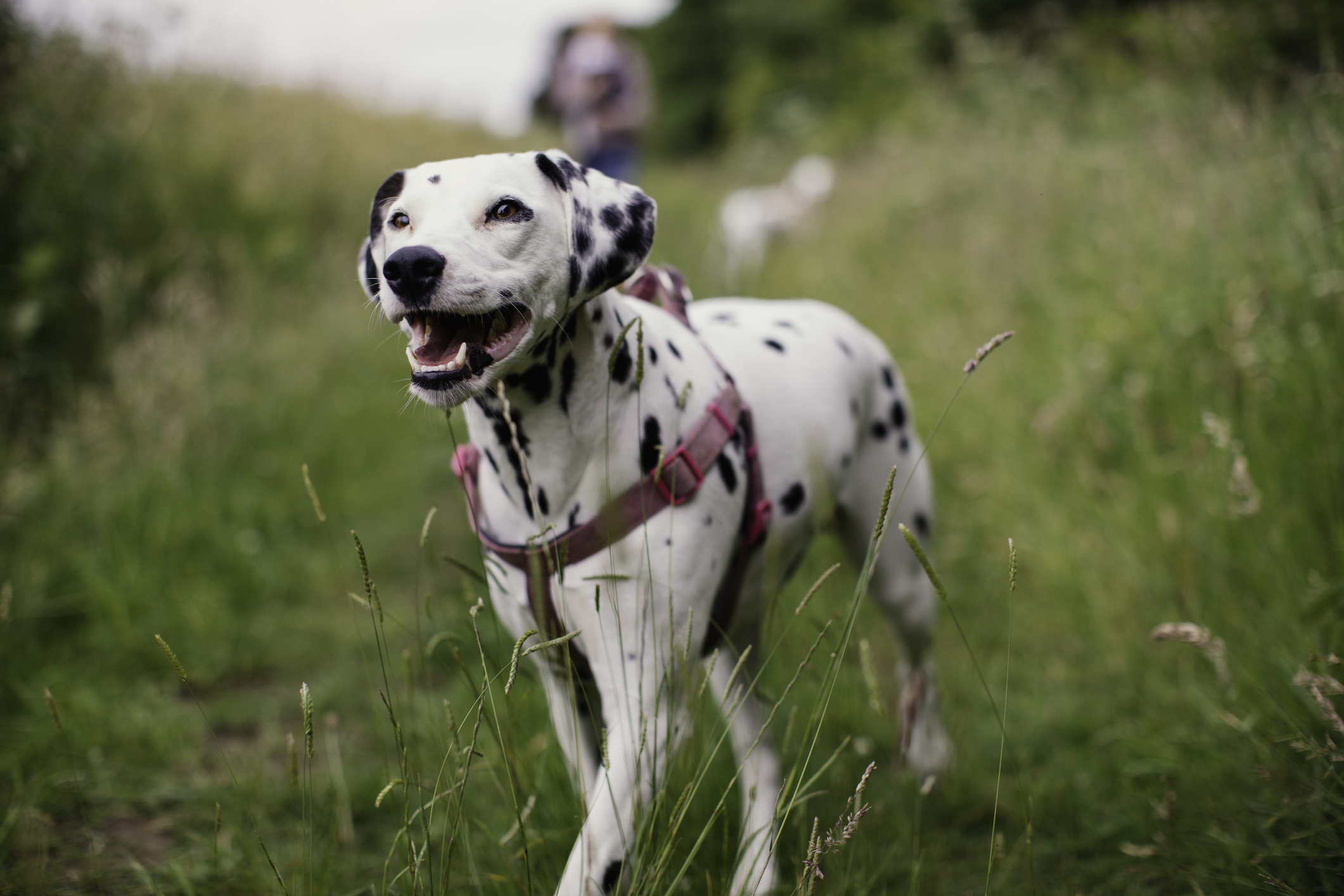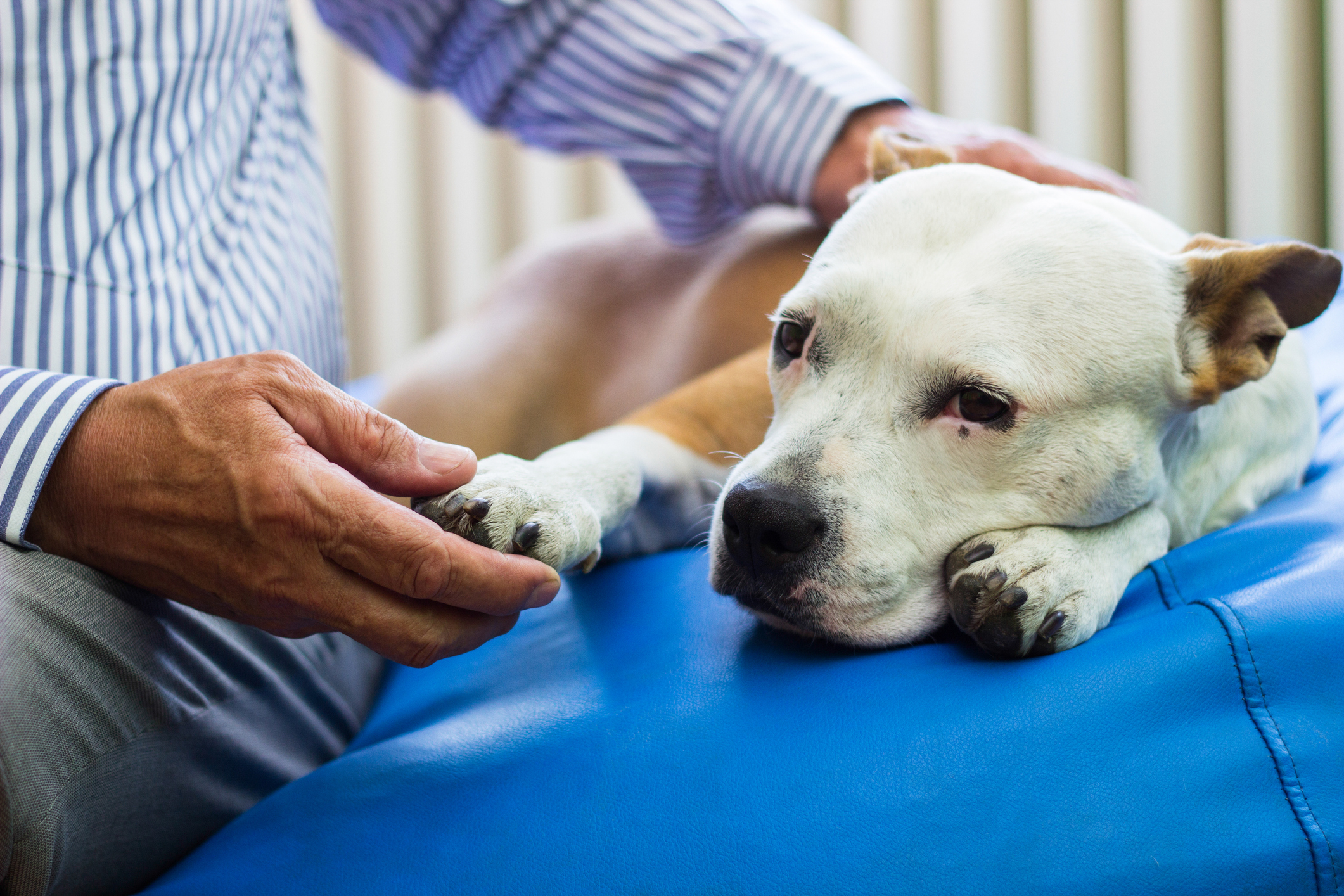
Understanding Your Dog's Four Major Life Stages
From a puppy to a senior, your dog will experience a lot of changes, both physically and mentally, throughout their life. Pet owners should not only be aware of these changes, but they should also know how to best care for their pups at each stage of their lives, so they get the nutrition, exercise and stimulation they need.
Here’s what you should know about your dog’s growth.
The puppy stage
Newborn puppies should remain with their mothers, if possible, for the first few weeks of life. These puppies are unable to see, hear or walk, and they will need to nurse from their mothers to grow and develop their senses. Within a month, the puppy should be able to walk, hear, see and interact with their siblings and humans.
Puppies typically learn social skills and basic behaviors while interacting with their family—another reason it’s so important for puppies to remain with their mothers and siblings for the first few weeks. Adoption usually occurs at around 10 weeks. After this point, your puppy will likely have lots of playful energy and be curious about the world around them.
The puppy stage typically lasts for six to twelve months in most dogs. During this time, your puppy will need a few important things:
- Socialization: Starting shortly after your puppy is born, you should begin socializing your puppy. This process, which involves exposing your puppy to a range of new experiences, helps your puppy develop mentally, build confidence and reduce anxiety. The more you’re able to socialize your puppy in the first three to four months of their life, the more adventurous and confident they’re likely to be.
- Nutrition: While your puppy will drink milk for the first four weeks, they will quickly graduate to solid food. Owners should feed their young dogs puppy food, which is formulated with the right blend of nutrients to promote healthy growth, for the majority of their first year.
- Vaccinations: Young puppies have underdeveloped immune systems, meaning they are at risk of contracting serious diseases. One of the first things a dog owner should do after adopting their pup is take them to the vet to be dewormed and receive their initial core vaccinations, followed by any booster shots necessary. Most puppies should be fully vaccinated by four to six months old.
- Structure and training: It’s best to begin training your dog when they are young to enforce rules and good habits. A young puppy may not have the attention span to learn tricks, but they should learn basic things like “no,” “come” and “sit.”
- Spay or neuter: Between six months and a year, most puppies will reach sexual maturity and should be spayed or neutered. Male dogs can typically be neutered around six months, while female dogs may need to reach their first heat cycle before being spayed.
Adolescence

Around age one to two, your dog may be considered an adolescent. At this stage of their life, they will begin acting more mature and less like an energetic puppy. Your dog might sleep more, grow larger, gain more weight and take more easily to training, but they still might exhibit puppy-like behavior at times.
Breeds of different sizes will enter adolescence at different times, so it’s important to continue visiting the vet with your pup to determine when your dog has exited puppyhood and begun their transition to adulthood. Your vet will also recommend an appropriate adult food and calorie target for your growing dog.
During this time, obedience classes can help rectify any problematic behaviors you aren’t able to solve at home. Now is also a good time to work more on training and tricks to keep your pup stimulated.
Adulthood
From age two to around nine, your dog is firmly in the adult stage of their life. By now, they will have established routines and be comfortable in your home and family. If your dog begins to exhibit abnormal behaviors, it could be a sign that they are experiencing a health problem, and you should take them to the vet.
During this stage of your pet’s life, they should continue to be fed adult food and given daily exercise and mental stimulation. This might be a good time to begin giving your dog supplements to bolster their health, such as herbal supplements for immunity or joint supplements to counteract arthritis.
You should also pay close attention to their oral hygiene to avoid complications like periodontal disease.
The senior stage

After around age nine or ten, most dogs are considered seniors. The senior stage can bring about the most changes since your dog was a puppy, in both behavior and health. Senior dogs tend to sleep more and exercise less. They’re also susceptible to more health problems and may require more frequent trips to the vet. A diet formulated for older dogs or for specific health problems can ensure your pet is getting the nutrients they need.
A few major problems to look out for in senior dogs are arthritis, vision and hearing impairments and cognitive dysfunction. These health challenges may require minor adaptations to your home to ensure your dog stays comfortable in their old age. You should also be mindful of the symptoms of more serious ailments like cancer, kidney disease and liver disease.
By paying close attention to your dog’s behavior and appearance and staying in contact with your vet, you can ensure they stay healthy and happy all the way to the end of their life.


